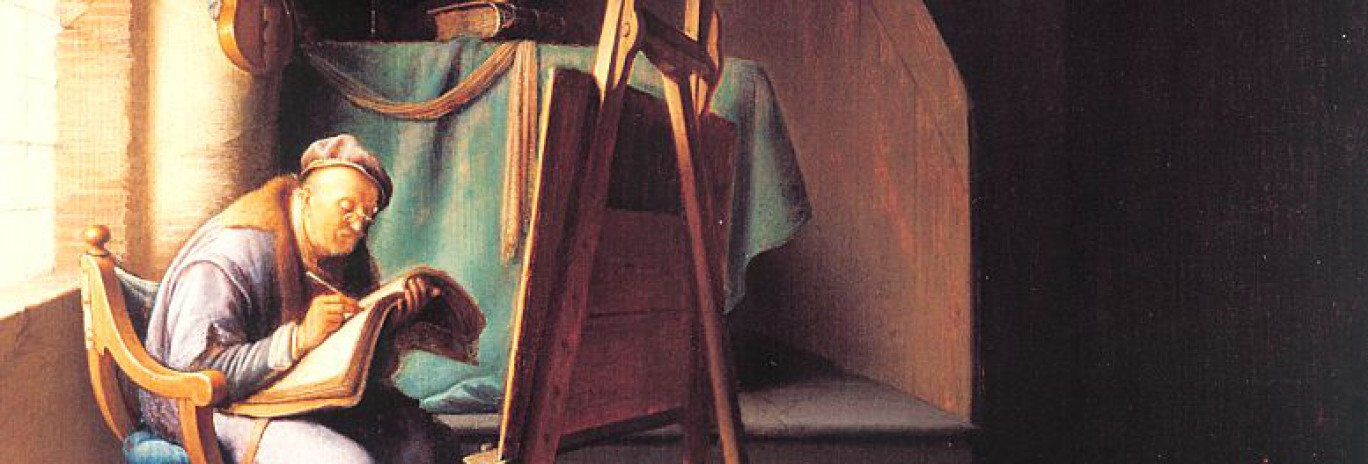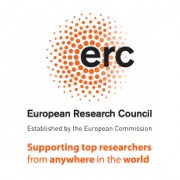Events
Lecture by Marieke Hendriksen at the international conference ‘Ordering knowledge, from Bacon to the Shelleys’, University of Strasbourg, 16 – 17 March 2018.
Marieke Hendriksen will present a work in progress paper, ‘Anatomical modelling and the production and exchange of knowledge around 1800’, at the international conference Ordering knowledge, from Bacon to the Shelleys at the University of Strasbourg on Friday 16 March.
Ordering knowledge, from Bacon to the Shelleys
International conference
16-17 March 2018
University of Strasbourg
Organised by Pôle Grand-EST-SEAA XVII-XVIII (Société d’Etudes Anglo-Américaines du XVIIe et XVIIe siècles) in collaboration with IDEA (Interdisiciplinarité dans les Etudes Anglophones, Univ. de Lorraine) and SEARCH (Savoirs dans l’Espace Anglophone : Représentations, Culture, Histoire, Univ. de Strasbourg).
Confirmed keynote speakers:
Laurence Talairach-Vielmas (Centre Alexandre Koyré, University of Toulouse)
Sorana Corneanu (University of Bucharest)
Organising committee:
Anne Bandry-Scubbi (Université de Strasbourg)
Jean-Jacques Chardin (Université de Strasbourg)
Richard Somerset (Université de Lorraine)
In his 1667 tract publicizing and promoting the newly-created Royal Society, Thomas Sprat argued that while the Baconian experimental methods championed by the Society’s members imposed upon them “a close, naked, natural way of speaking” and “a constant Resolution, to reject all the amplifications, digressions, and swellings of style,” the austerity of this linguistic recommendation would not imply a distancing of philosophical and literary cultures. Beyond the stylistic debate around the desirability or not of ornamentation in language, the experimental method would benefit poetry by improving the justness of perceptions: it was thus expected that knowledge of “the Works of Nature” would prove “one of the best and most fruitful Soils for the growth of Wit.” For Sprat, the weak natural knowledge of the Ancients had produced a literature of limited imaginative scope; but the resources in imagery of the more fortunate Moderns were about to be replenished by “the charitable assistance [of] Experiments.” The images thus derived from observation were natural not conventional since “they proceed from things that enter into all men’s Senses” and which are therefore “nearest to their Nature.” The perceiver who ignores empirical method and relies only on immediate sense impressions is condemned to see with the eyes of convention and therefore to fail to perceive nature truly, or to discern its true beauties.
In his ‘A Defence of Poetry’ written just over a hundred and fifty years later, Percy Bysshe Shelley also insisted on the convergent pathways of science and poetry; only for him it was the poet who was to be in the driving seat. To thinkers influenced by German Idealism at the end of the eighteenth century, the experimentalists’ attempts to side-line the perceiving mind in the knowledge-building process could only result in distorted understanding. It was in fact the combination of perceptive acumen guided by richness of insight that was best apt to “defeat the curse which binds us to be subjected to the accident of surrounding impressions.” Poetry and science alike, when pursued by such minds, enable us to see beyond familiar appearances and to become “the inhabitants of a world to which the familiar world is a chaos.” Each “creates anew the universe, after it has been annihilated in our minds by the recurrence of impressions blunted by reiteration.” For Shelley and the Romantics generally, failure to accept the operative function of the agent will leave us the slaves of the appearances, and incapable of perceiving – far less understanding – the living spark at the heart of nature that is simultaneously the true object of enquiry for the natural philosopher, and the ultimate subject of expression for the poet.
At the one extreme, then, stands the apologist for the new science holding out to men of letters the promise that philosophical and cultural renewal go hand in hand, with the former promising to nourish the latter; at the other extreme, a similar gesture is made in the opposite direction, inviting the natural philosopher to revive and correct his inadequate conceptions by drinking at the fountain of poetic insight. But however opposed their prescriptions, Sprat and Shelley shared the assumption that ‘knowledge’ and ‘culture’ can and should cooperate. Any attempt definitively to separate them would destroy both.
The current institutional norm that places science and literature in non-communicating disciplinary spaces is thus a recent development. Emerging in the late nineteenth century, it was less the result of epistemological divergence than of the politics of institutionalisation and specialisation. The implications for the historian are far-reaching. It does not suffice merely to notice the difference of prior epistemological arrangements in order to understand their operation; we need to attempt to think through the appropriate prisms. Thus, rather than anachronistically seeking interactions between ‘Literature’ and ‘Science,’ it may be more fruitful to treat the ‘knowledge’ of the period in holistic terms: a complex whole requiring the input of an ever-broader range of specialists but also the policing or structuring input of political, social and cultural authorities capable of bestowing status and value.
Following this orientation, the conference aims to re-examine the norms and modes of knowledge-production in the period after the introduction of ‘scientific method’ but before the definitive fragmentation of the sciences and the humanities into distinct disciplinary fields. It seeks to relate those norms to broader political, institutional and epistemological considerations, and by so doing to sketch out the contours of the period’s continued aspiration to a holistic knowledge economy. A fuller sense of this persistence is essential to the present-day historian’s attempts to retrieve the cultures of the past in their full complexity, and to the aptitude of academics in general to situate their own practices in a broader disciplinary history.


